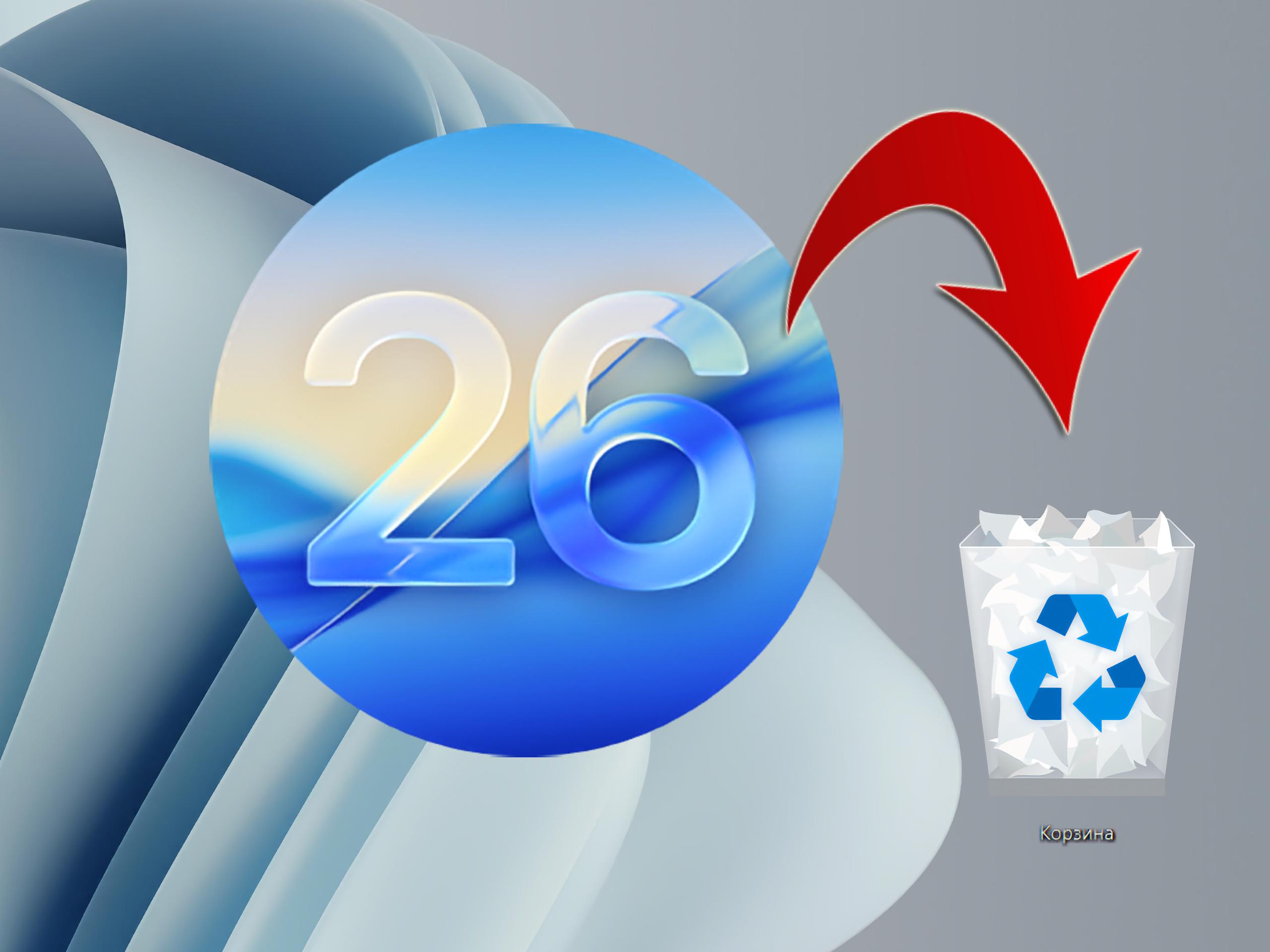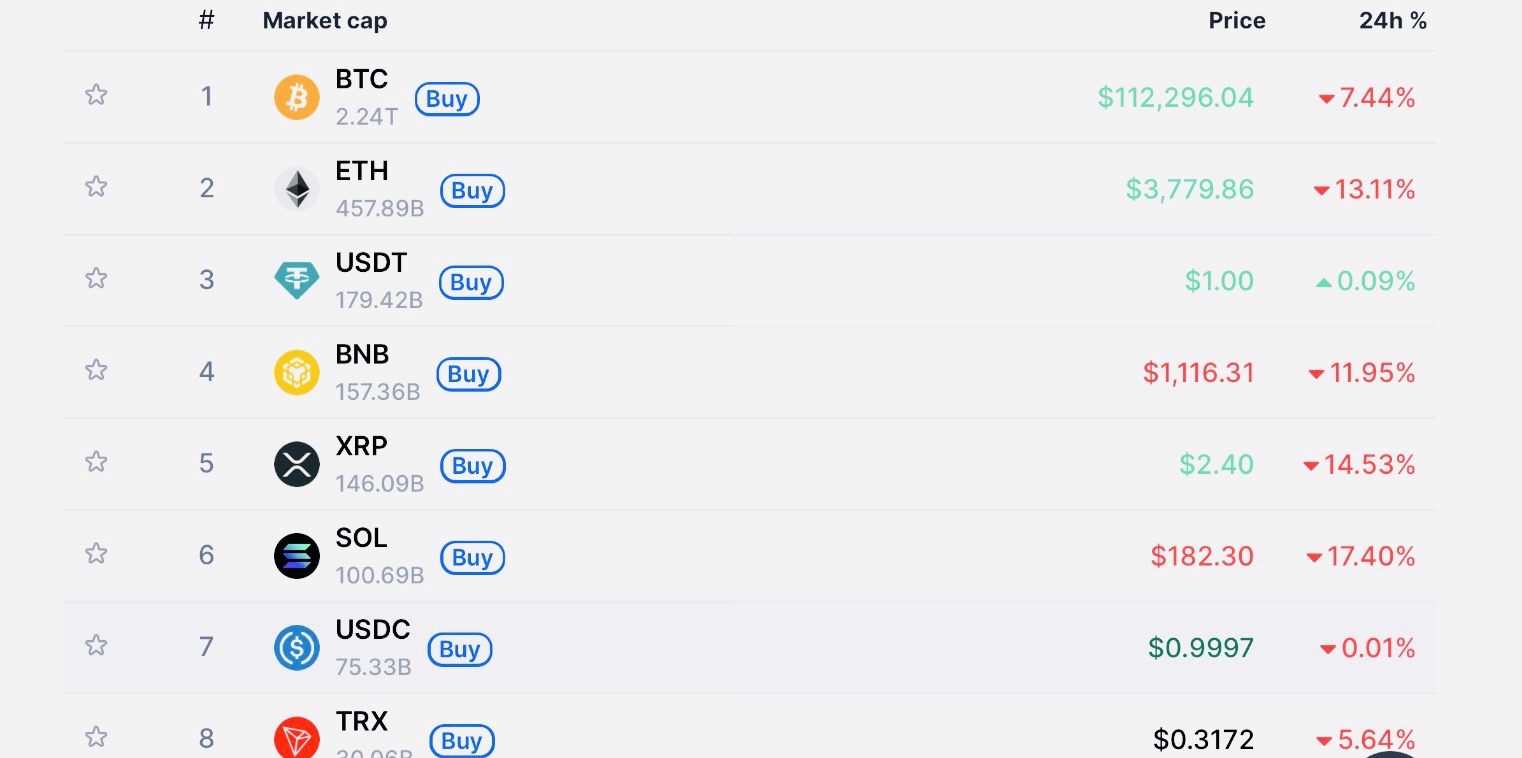The government is discussing candidates for the post of head of centers who will have to determine what software needs to be developed in order to completely abandon foreign products. Those responsible include the heads of Gazprom Neft, T Plus, Rostelecom, Aeroflot and others.
Only 37 centers of competence will appear in Russia. They will determine the directions, types and classes of software to be replaced and the priority of developing certain solutions, and will also affect the distribution of state support, RBC said.
Those responsible for these centers will have to "guarantee the absence of conflicts of interest and equal treatment of all projects." At the meeting on July 9, several candidates were discussed to select the software replacement by the industry:
- oil and gas and chemical production - the head of Gazprom Neft Alexander Dyukov;
- air transport - the head of Aeroflot Sergey Alexandrovsky;
- rail transport - head of Russian Railways Oleg Belozerov;
- sea and river transport - the head of Rosmorport Alexander Smirnov;
- airports - the head of Sheremetyevo, Mikhail Vasilenko;
- automotive industry - the head of "Kamaz" Sergey Kogogin;
- housing and communal services - the head of "T Plus" Andrey Vagner;
- mobile communications - the head of Rostelecom Mikhail Oseevsky;
- fixed communication - the head of ER-Telecom Holding Andrey Kuzyaev;
- satellite communications - head of the Federal State Unitary Enterprise "Space Communications" (GPKS) Alexei Volin;
- education me about. rector of the Bauman Moscow State Technical University Mikhail Gordin;
- health care: rector of the First Moscow State Medical University named after Sechenov Pyotr Glybochko.
Business contracts will be signed at the software creation stage, they will be subsidized by the government. In total, it is planned to allocate 37.1 billion rubles for software import substitution by the end of 2024.
In the context of sanctions in Russia, the demand for national operating systems has increased almost six times. Authorities and companies have started testing Russian software, but the process from testing to deployment can take at least a quarter.
In early March, the government announced that it would introduce compulsory licenses for Western software. On March 5, 2022, it became known that the government discussed the possibility of not prosecuting pirated software from countries that supported the sanctions. This was supposed to mitigate the consequences of the departure of large foreign developers (Microsoft, Oracle, SAP, etc.) from Russia.
However, the domestic IT industry opposed this idea. On March 10, 2022, specialized associations sent a letter to the head of the Ministry of Digital Development, in which they warned that the initiative could have negative consequences for the national IT business and harm import substitution.
Author:
karina pardaeva
Source: RB
I am Bret Jackson, a professional journalist and author for Gadget Onus, where I specialize in writing about the gaming industry. With over 6 years of experience in my field, I have built up an extensive portfolio that ranges from reviews to interviews with top figures within the industry. My work has been featured on various news sites, providing readers with insightful analysis regarding the current state of gaming culture.










